
Post by :
Photo: Reuters
Nigeria’s top military officer, General Christopher Musa, recently spoke out in Abuja to defend the country’s army after growing concerns over civilian injuries during military operations. He acknowledged past mistakes but urged the public to understand that the military does its best to avoid harming innocent people.
1. What Happened and What Was Said
General Musa admitted that airstrikes in northwest Nigeria had mistakenly struck civilians while targeting armed groups. He assured the public that such events are taken seriously and are being investigated.
He explained that the military often halts operations early to prevent civilian harm, even if it means losing tactical advantage. “We are made to look as if we commit the worst atrocities ever,” he said. “But I can assure you, we are doing the best we can. We respect human rights and value civilian lives.”
However, he also urged a rethink of international rules that apply more strictly to government forces than to non-state armed groups—violent gangs or militias who often operate with near-total freedom.
2. Why It Matters Right Now
Nigeria is facing serious threats from armed groups and criminal gangs, especially in its northern and central regions. These threats have grown in recent years, pushing the military to use more air power to protect communities.
Yet this shift has also brought accidents, leaving civilians hurt or worse. Human rights groups have increased their scrutiny of the military’s use of force, calling for transparency and better protection for citizens.
In response, General Musa both defended the efforts of his troops and acknowledged that mistakes happened—and must be addressed.
3. Perspectives from Across the Nation
From the Military’s Viewpoint
Many soldiers feel they are being held to unfair standards compared to forces in wealthier nations. Nigeria’s army operates under challenging conditions—facing guerrilla fighters who blend into communities and simple logistical barriers.
They say their training includes not just combat tactics but also human rights and international humanitarian law—both inside Nigeria and abroad—showing a serious effort toward ethical conduct.
From Human Rights Advocates
Activists and aid groups demand deeper accountability. They point to past incidents—like accidental airstrikes and misidentification of civilians—as reasons to push for more checks and balance on power.
4. Setting Rules and Facing Reality
General Musa called for a review of international laws that he believes unfairly favor groups that flout rules and commit violence with little restraint. He argues law enforcement or military operations are forced to be careful, while criminal groups act freely. He thinks this imbalance brings extra danger to civilians in unstable regions.
5. Trust and Training in the Military
Musa stressed that training in human rights and rules of engagement is routine for Nigerian soldiers. It’s not just theory, he said—it's part of how the military operates every day. He expressed frustration that public criticism often overlooks these efforts.
6. What Comes Next?
For Civilians and Communities
Families affected by military operations will watch closely for investigations and actions that improve safety and restore trust.
For the Military Institution
General Musa's comments may prompt internal reviews of how missions are planned, how mistakes are investigated, and how lessons are shared.
For Nigeria's National Security
Maintaining safety and respecting human rights must go hand in hand to keep trust in the armed forces and prevent sympathy for violent insurgents.
7. Questions to Reflect On
Nigeria’s Defence Chief, General Christopher Musa, has responded to criticism over military mistakes that injured civilians. He accepted that airstrikes sometimes go wrong, but emphasized that the army works hard to protect civilians—even if it means stopping operations earlier than planned. He also called for fairer rules that treat violent non-state groups the same way as armed government forces. His speech shows a desire to balance national security with respect for human rights
Military civilian injuries Nigeria





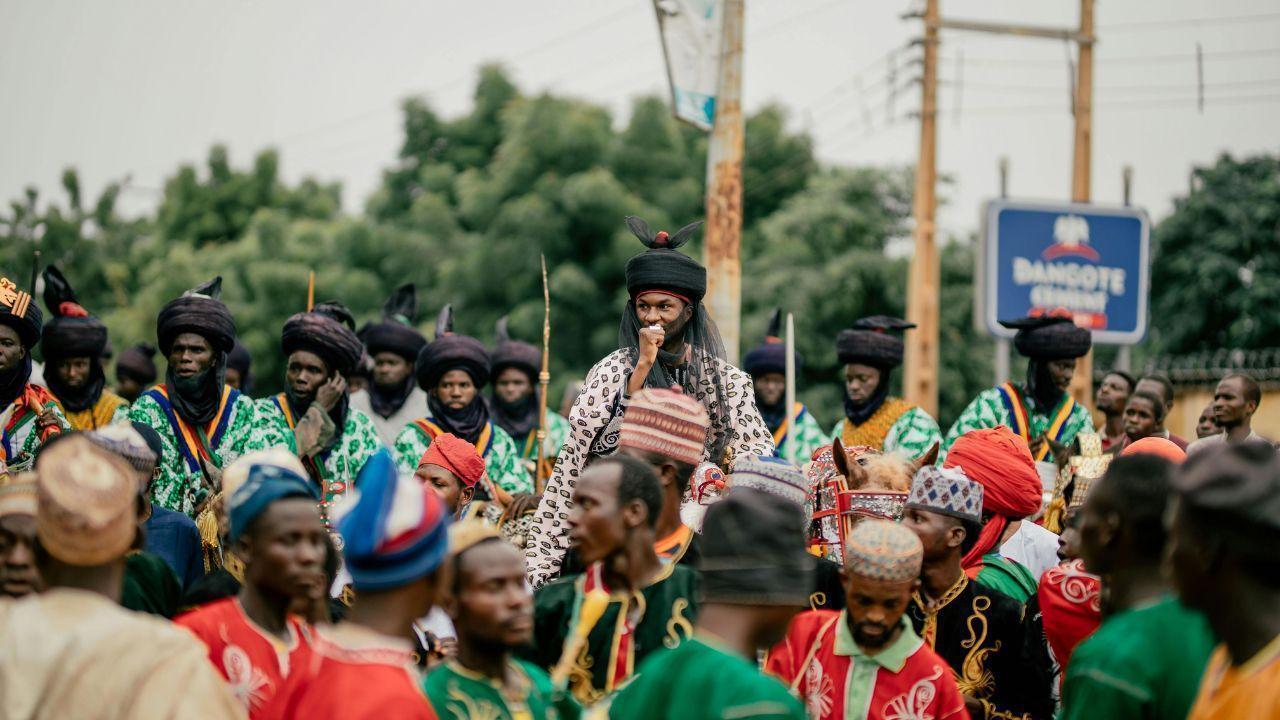

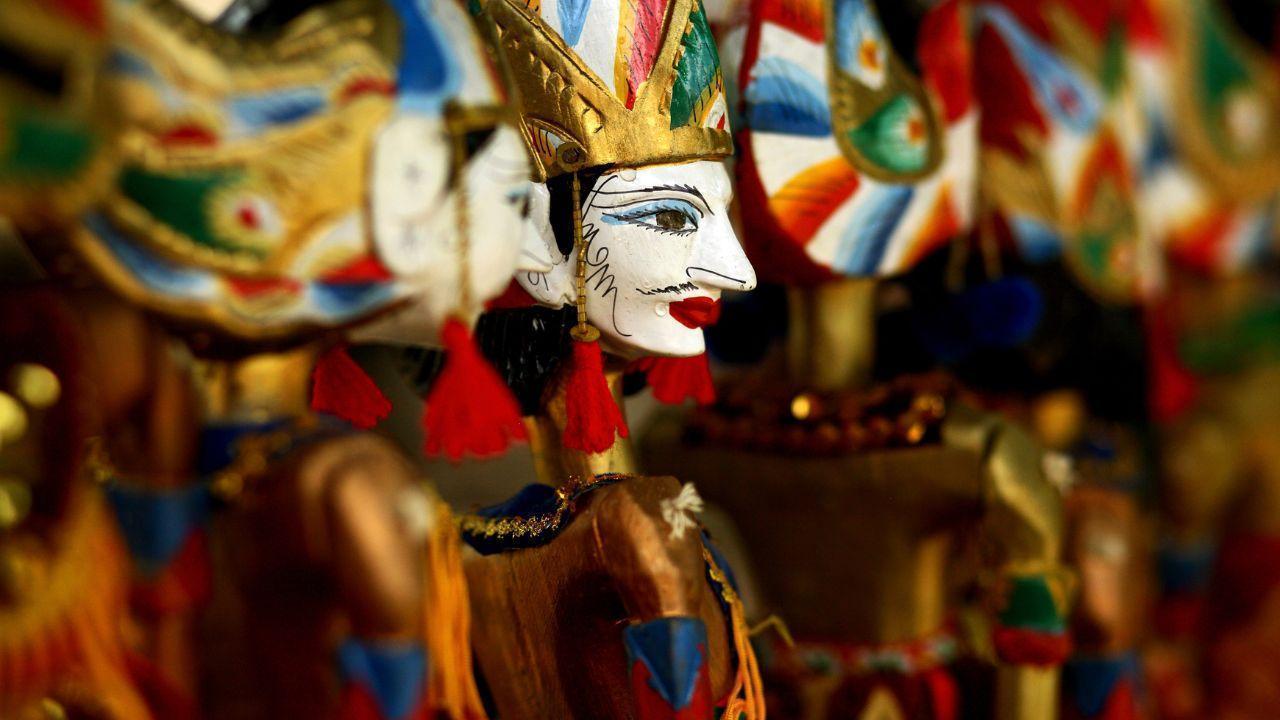
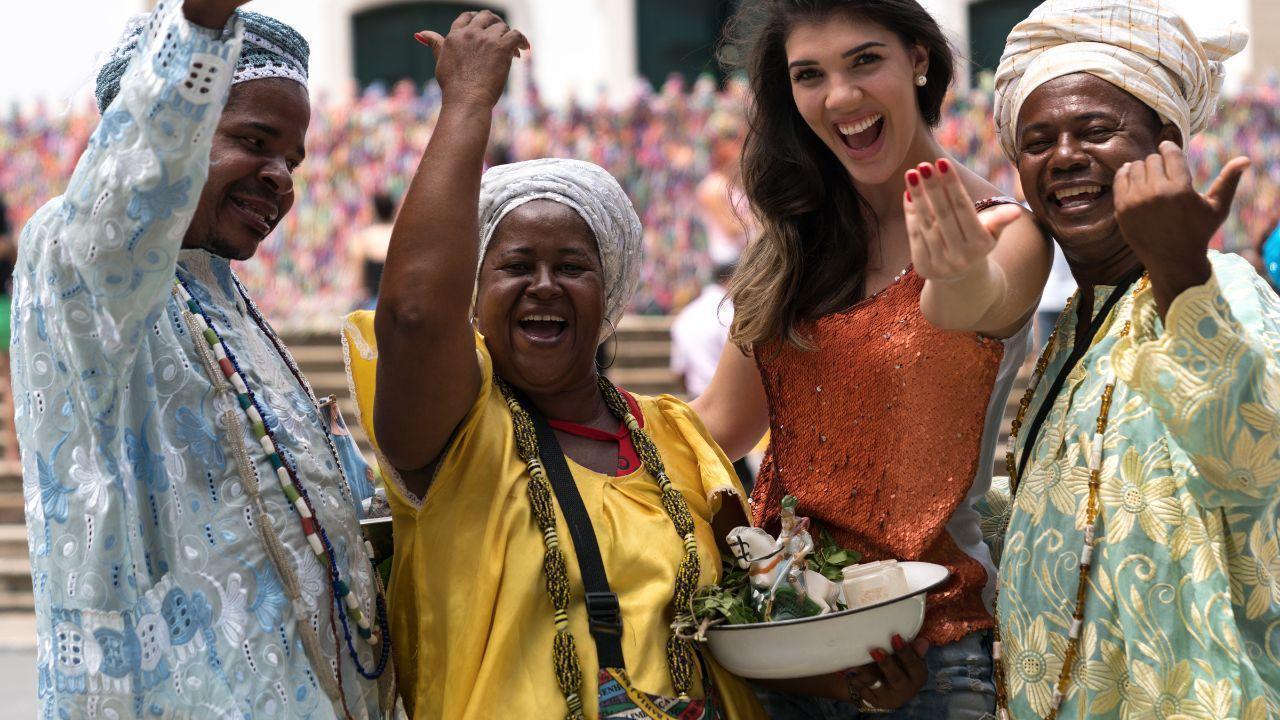
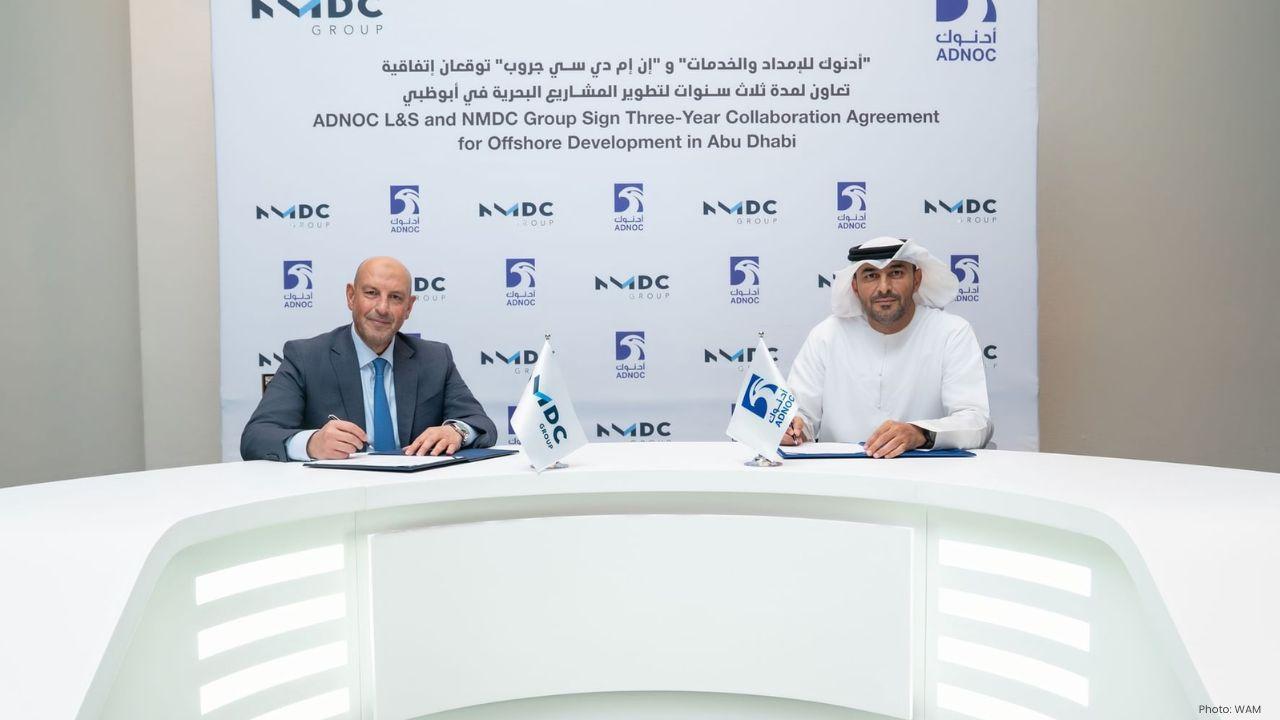
NMDC Group And ADNOC L&S Sign Three-Year Deal For Offshore Work
NMDC Group and ADNOC Logistics & Services sign a three-year deal to deliver maritime services for of
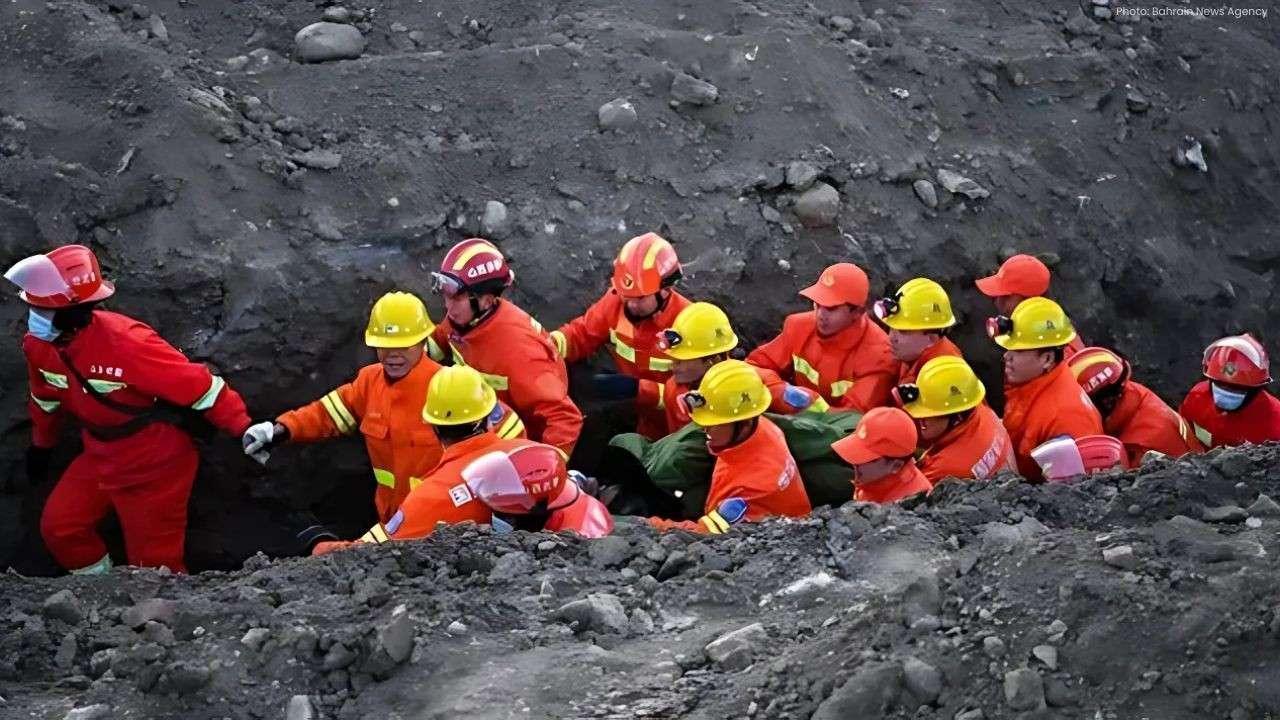
Six Miners Trapped After Earthquake Hits Coal Mine In China
A mining-related earthquake struck a coal mine in Heilongjiang, China, trapping six miners undergrou
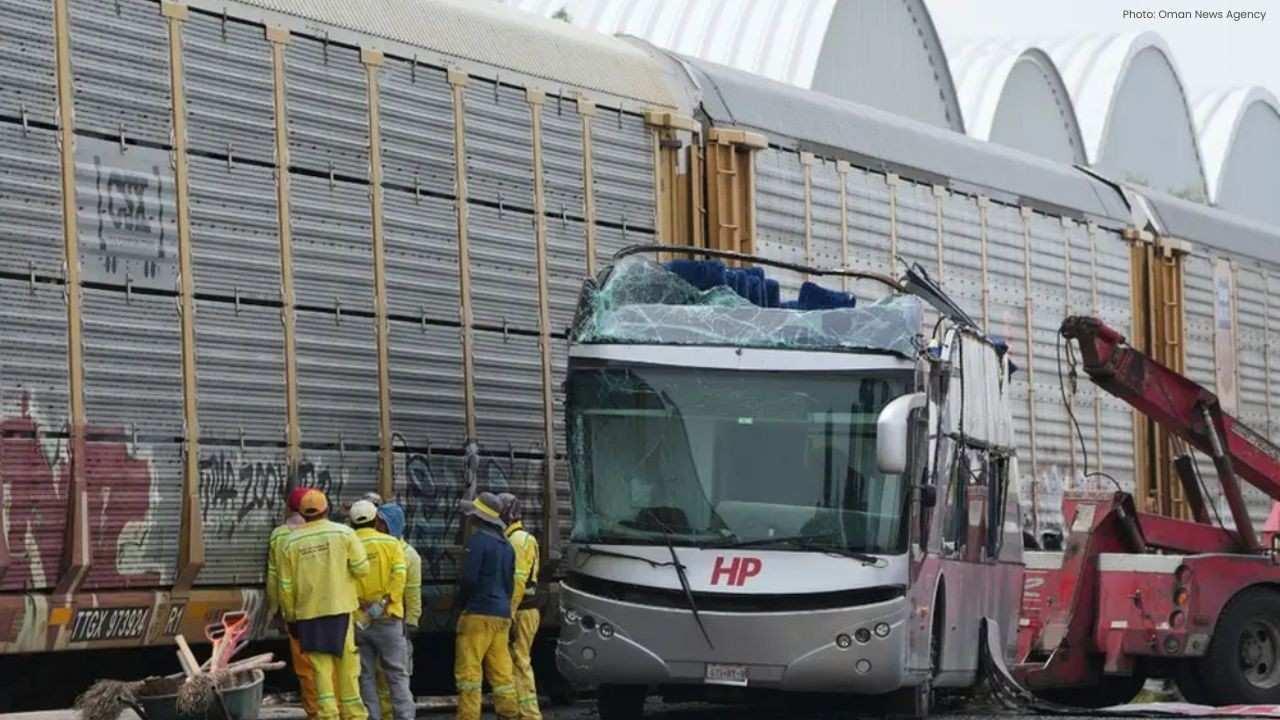
Train Collides With Bus In Mexico Killing 10 And Injuring Many
At least 10 dead and 41 injured after a train hit a bus at a rail crossing in Mexico. Authorities co
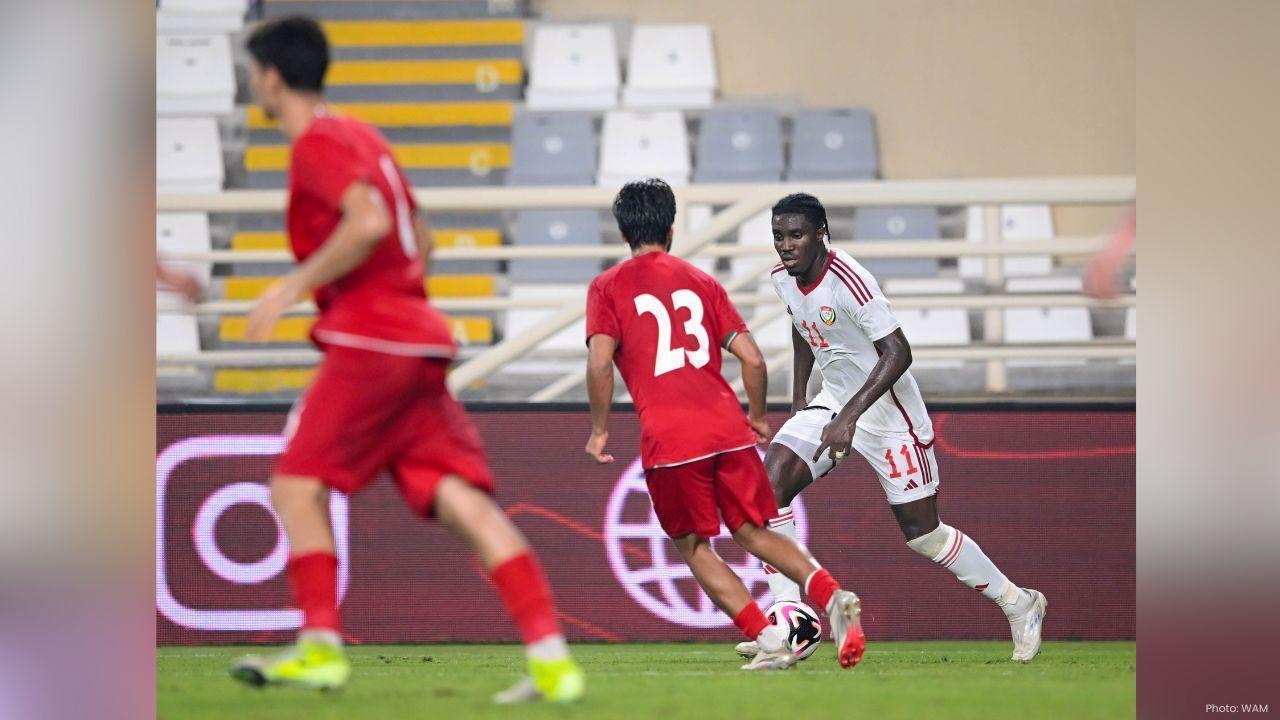
UAE Olympic Football Team Qualifies For AFC U-23 Asian Cup Finals
UAE Olympic football team qualifies for AFC U-23 Asian Cup finals in Saudi Arabia despite 3-2 loss t

Apple Launches iPhone Air With Thinnest Design & Pro Performance
Apple unveils the new iPhone Air, its thinnest model with pro performance, multiple colors, large st

Al Wakrah Wins French Arabian Breeders’ Challenge Sprint Again
Al Wakrah, trained by Jean de Mieulle, wins French Arabian Breeders’ Challenge Sprint in France, mar